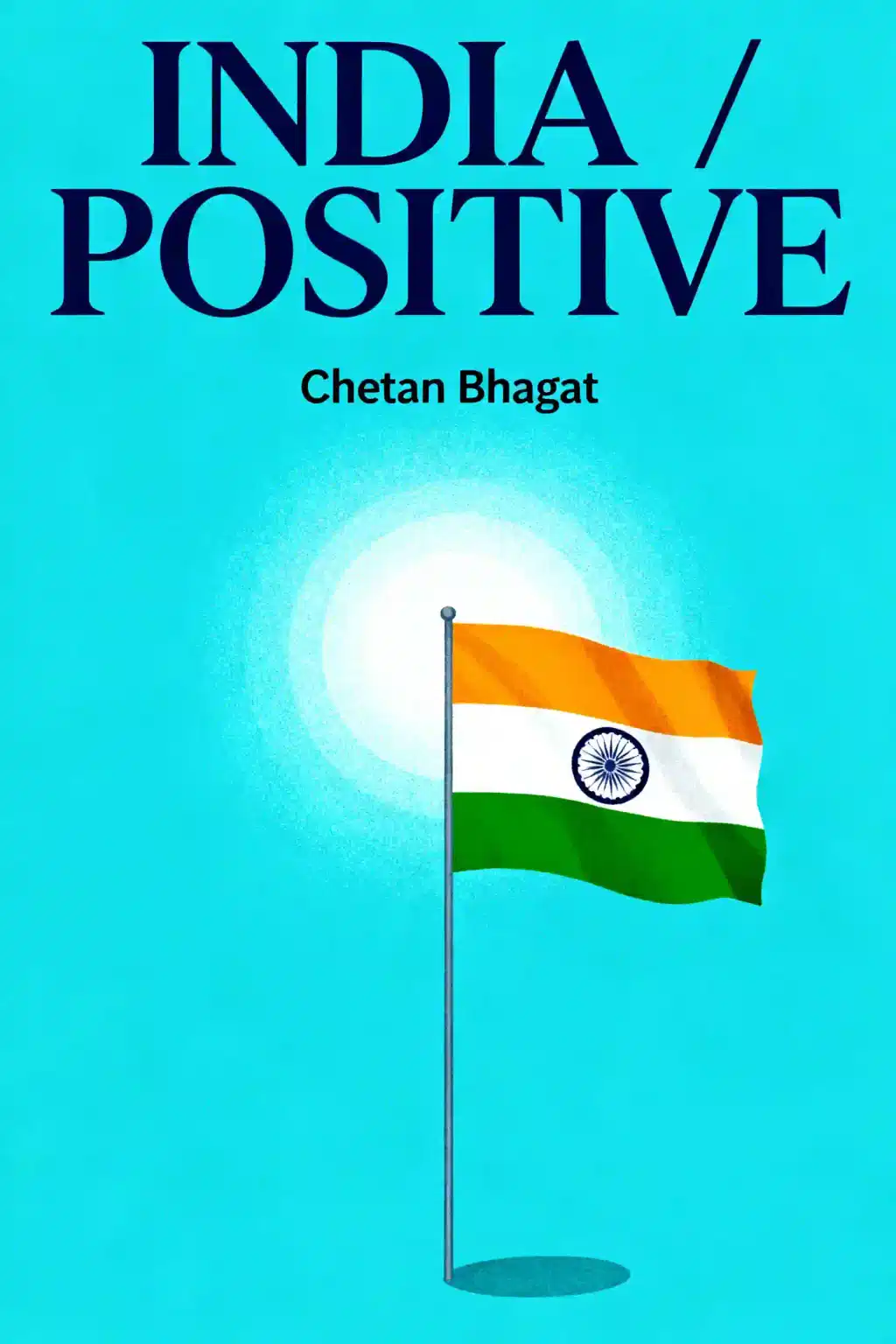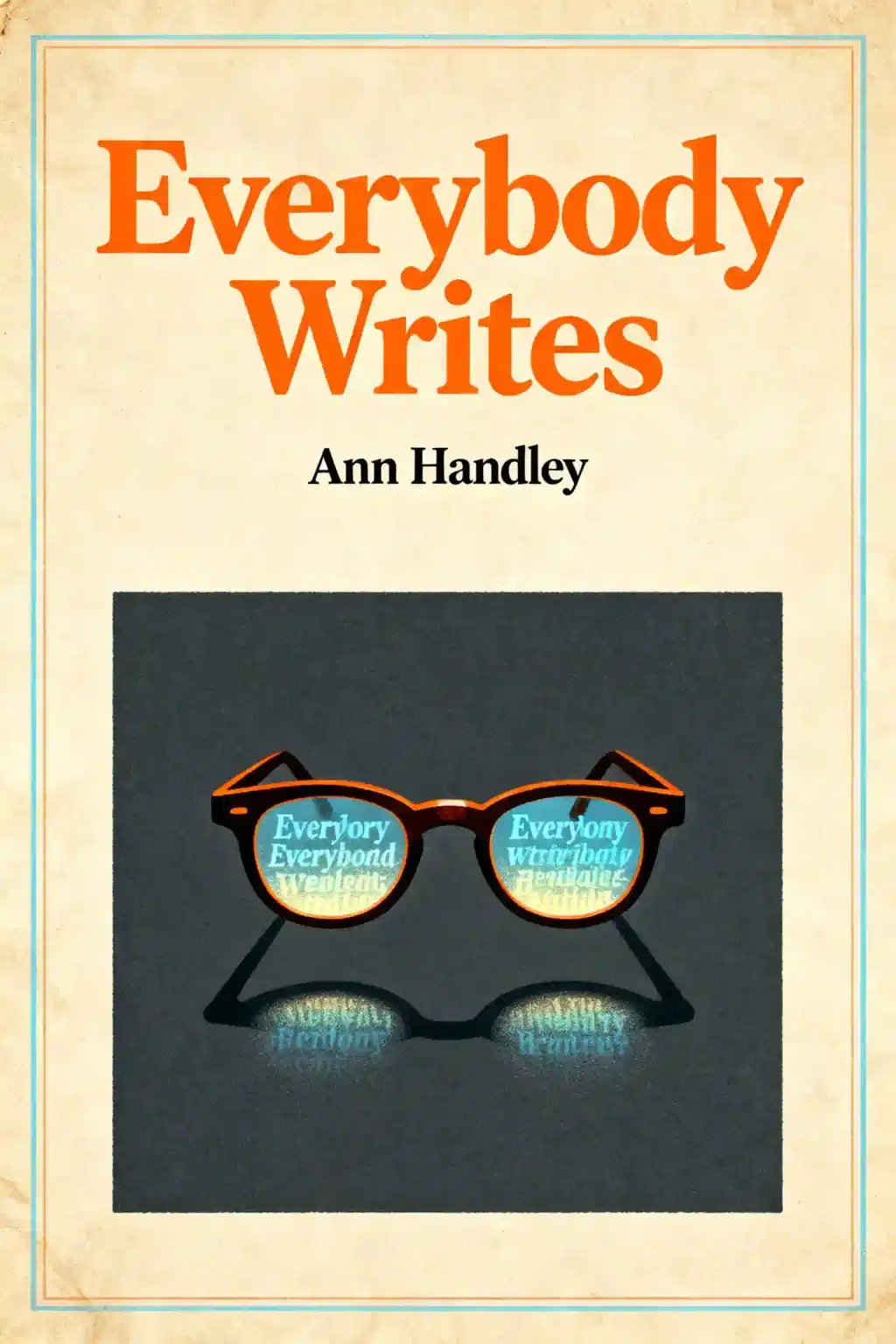What is One Indian Girl by Chetan Bhagat about?
One Indian Girl follows Radhika Mehta, a highly successful Goldman Sachs vice president who faces a crisis on her wedding day in Goa. The story explores her journey through three relationships—with her insecure boyfriend Debu in New York, her charismatic boss Neel in Hong Kong, and her arranged marriage prospect Brijesh—while confronting India's gender double standards. Through flashbacks and sharp social commentary, the novel challenges societal expectations about successful, ambitious women who refuse to choose between career and personal fulfillment.
Who is Chetan Bhagat and why is he famous?
Chetan Bhagat is India's biggest-selling English-language novelist, included in Time magazine's 100 Most Influential People in 2010. The IIT-Delhi and IIM-Ahmedabad graduate worked as an investment banker at Goldman Sachs in Hong Kong before becoming a full-time author. His novels like Five Point Someone, 2 States, and Half Girlfriend have sold over seven million copies and been adapted into blockbuster Bollywood films including 3 Idiots. He's known for writing accessible, youth-oriented stories that capture modern Indian middle-class struggles.
Who should read One Indian Girl?
One Indian Girl is essential reading for modern Indian women navigating career ambitions alongside family pressures and societal expectations. Young professionals dealing with gender bias in relationships and workplaces will find Radhika's struggles relatable and validating. The book also suits readers seeking contemporary takes on arranged marriages, feminism in Indian context, and the clash between traditional values and global aspirations. Men interested in understanding women's perspectives on double standards will gain valuable insights from Bhagat's feminist discourse.
Is One Indian Girl by Chetan Bhagat worth reading?
One Indian Girl offers a candid, humorous exploration of gender double standards that Indian women face daily, making it a compelling contemporary read. The novel broke Amazon pre-ordering records and provides sharp social commentary on fairness obsession, arranged marriage absurdities, and career-family trade-offs through Radhika's witty internal monologue. While some critics find certain passages provocative, the book's accessible first-person narrative and thought-provoking feminist themes make it both entertaining and culturally relevant. Bhagat's characterization allows readers to deeply connect with Radhika's psychological journey from self-doubt to self-assertion.
What are the main themes in One Indian Girl?
One Indian Girl explores gender double standards as its central theme, questioning why ambitious, financially successful women with past relationships face judgment while men don't. The novel tackles the career versus family dichotomy, challenging the notion that women must choose between professional success and personal happiness. Financial independence and relationship dynamics emerge through Radhika's relationship with Debu, who feels insecure earning less than her. Additional themes include arranged marriage pressures, colorism in Indian beauty standards, women's sexual agency, and the emotional labor of "adjustment" expected from brides.
How does One Indian Girl by Chetan Bhagat end?
One Indian Girl concludes with Radhika rejecting all three suitors—Debu, Neel, and Brijesh—on her wedding morning, asserting her right to have both career and family without compromise. She delivers a powerful monologue declaring that women shouldn't choose between "flying" and "nesting," challenging the male-designed world that forces this false choice. Three months later, Radhika travels the world finding clarity, then reconnects with Brijesh in San Francisco as friends and potential business collaborators. The ending prioritizes self-discovery over conventional marriage, leaving her future open on her own terms.
What are the most memorable quotes from One Indian Girl?
- "If I was a guy you would be okay with all of this. But since I am a girl these three things don't really make me too likeable, do they?"
- "We don't want to choose. We want to fly and we also want a beautiful nest. We want both"
- "You only need the light when it is burning low"
What does Radhika Mehta's character represent in One Indian Girl?
Radhika Mehta represents the modern Indian woman caught between traditional expectations and global aspirations. As a Goldman Sachs vice president earning more than most Indian men, she embodies financial independence and professional excellence that threatens patriarchal norms. Her "average looks," dark complexion, and multiple relationships directly challenge Indian society's obsession with fair skin and female purity. Through her internal "mini-me" dialogue and self-deprecating humor, Radhika personifies the psychological complexities of women constantly second-guessing themselves while fighting for autonomy and authenticity in a judgmental culture.
How does One Indian Girl address feminism and women's rights?
One Indian Girl confronts feminism through direct discourse rather than preachy messaging, using Radhika's first-person narrative to expose everyday sexism. The novel critiques how women's success triggers male insecurity, shown through Debu's discomfort with Radhika's higher salary. Bhagat satirizes arranged marriage protocols, family "adjustment" demands, and the fairness industry that commodifies women's worth. The book's climactic assertion that women deserve both career fulfillment and family life—not forced choices—serves as a call to action challenging outdated gender norms. Through rhetorical questions and direct reader address, Radhika invites reflection on societal double standards.
What are the criticisms of One Indian Girl by Chetan Bhagat?
Critics argue that One Indian Girl doesn't authentically represent real Indian women's problems, labeling it a purely commercial venture that deceives readers. Some reviewers find certain sentences provocative and unrealistic, questioning whether women actually think specific thoughts while being intimate or dressing for parties, suggesting Bhagat's male perspective shows through. The characterization, while praised by fans, faces scrutiny for potentially perpetuating stereotypes rather than genuinely challenging them. Despite breaking Amazon pre-order records, critics predict "CB-haters" will use these perceived weaknesses to dismiss the book's feminist intentions.
How does One Indian Girl compare to Chetan Bhagat's other novels?
One Indian Girl marks Bhagat's first female protagonist-led novel, distinguishing it from his earlier male-centric narratives like Five Point Someone and 2 States. Unlike 2 States, which drew from his own inter-cultural marriage and balanced dual perspectives, One Indian Girl focuses exclusively on a woman's internal journey through first-person narrative. While Revolution 2020 and Half Girlfriend explored romance and social issues, One Indian Girl directly tackles feminist themes and gender politics more explicitly. The novel maintains Bhagat's signature conversational style and humor but ventures into intimate female psychology and societal critique more boldly than his previous commercial successes.
Why is One Indian Girl relevant to modern Indian society in 2025?
One Indian Girl remains critically relevant as Indian women increasingly achieve financial independence while still facing traditional marriage pressures and gender bias. The novel's exploration of male insecurity around successful women resonates in workplaces where pay gaps and glass ceilings persist despite progress. Issues like colorism, arranged marriage expectations, and the "adjustment" burden on brides continue dominating Indian family dynamics. Radhika's struggle to have both career and family without apologizing mirrors ongoing debates about work-life balance, reproductive rights, and women's autonomy in contemporary India. The book's challenge to choose-or-compromise narratives speaks directly to Gen Z and millennial women redefining success on their own terms.














